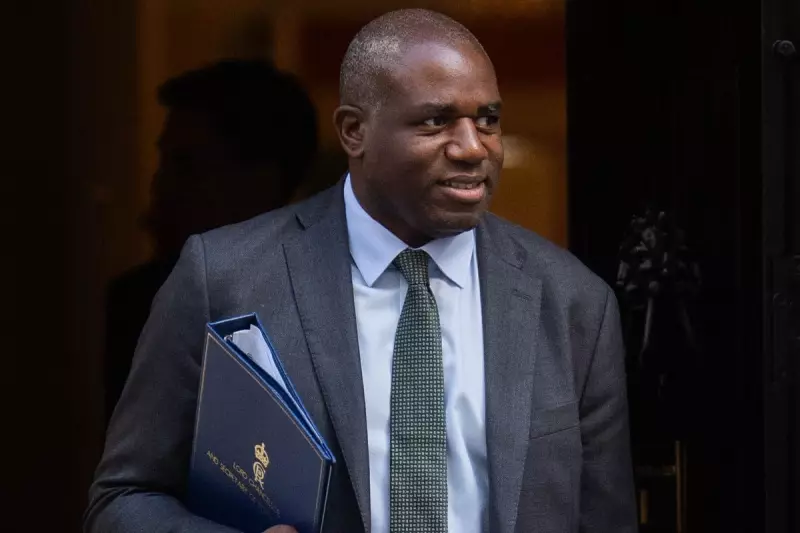
Westminster erupted in political fireworks as Shadow Foreign Secretary David Lammy delivered a scorching condemnation of Nigel Farage, branding the Reform UK leader an "apologist for Vladimir Putin" during a heated House of Commons exchange.
War of Words Over Ukraine Comments
The explosive confrontation was triggered by Farage's recent controversial assertion that Western expansionism into Eastern Europe played a significant role in provoking Russia's full-scale invasion of Ukraine. Lammy didn't hold back in his response, accusing Farage of parroting Kremlin talking points and undermining Western unity.
"We have apologists for Putin in this chamber," Lammy declared, his voice cutting through the parliamentary atmosphere. His remarks drew immediate reactions from both sides of the house, highlighting the deep political divisions over how to address Russian aggression.
Defence Secretary Backs Lammy's Stance
Adding weight to Lammy's position, Defence Secretary Grant Shapps acknowledged the validity of the Labour frontbencher's characterisation. This rare moment of cross-party agreement underscored the seriousness with which mainstream politicians view Farage's comments about the ongoing conflict.
The political firestorm comes at a sensitive time for UK-Russia relations and amid ongoing debates about Britain's continued support for Ukraine's defence efforts. Farage's remarks have sparked concerns about potential erosion of political consensus on confronting Russian aggression.
Broader Implications for UK Foreign Policy
This public dressing-down represents more than just parliamentary theatre—it signals growing anxiety among established political parties about Farage's influence and his party's positioning on international affairs. With Reform UK gaining traction in polls, their stance on crucial foreign policy matters is drawing increased scrutiny.
Political analysts suggest this confrontation could mark a turning point in how mainstream parties engage with Reform UK on matters of national security and international diplomacy, potentially reshaping the political landscape as Britain approaches its next general election.





